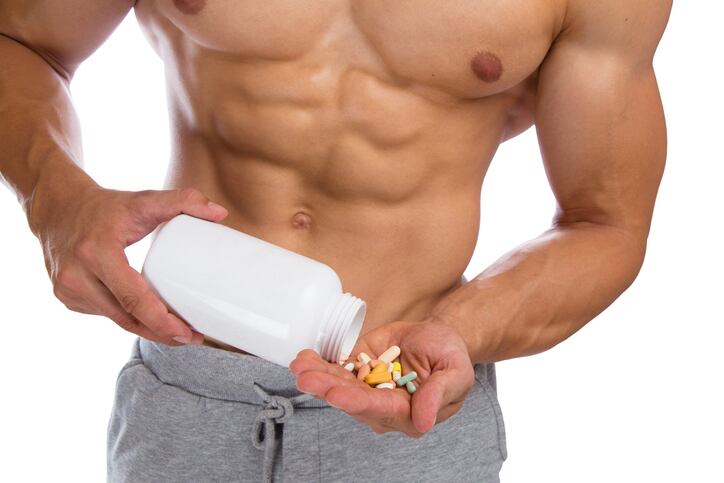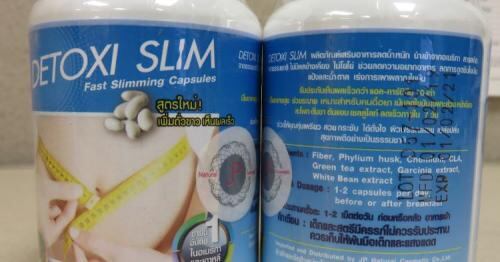Michael O’Keeffe, who is now a reporter with the New York area newspaper Newsday, has participated in some of the groundbreaking reporting on the invasion of steroids and other banned substances into sports. O’Keeffe believes that while the public perception is that sports leagues and federations are getting a handle on the issue, the problem is far from over.
Background in investigative journalism
“I'm very proud of the work the New York Daily News Sports I-Team did regarding supplements and sports. I'm especially proud of our coverage of Operation Equine, a Michigan FBI investigation into the steroid trail. Through our reporting, we were able to identify the steroid dealer who provided banned drugs to Mark McGwire, Sammy Sosa and other MLB players,” O’Keeffe said.
“We were also able to prove through that reporting that the FBI had warned MLB security about rampant use of steroids in the sport in the 1990s and did nothing about it -- long before McGwire and Sosa chased Roger Maris and his single-season home run record in 1998,” he added.
Some stakeholders in the supplement industry believe there is a rush to judgement when dietary supplements are blamed for athletes having failed drug tests. O’Keeffe is a unique position to see both sides of the fence. In addition to his long tenure in the newspaper industry, O’Keeffe also worked for Natural Food Merchandiser, a publication based in Boulder, CO that covers dietary supplements and the health food industry.
O’Keeffe will participate on a panel discussion at the upcoming Sports Nutrition Summit being put on by NutraIngredients-USA on Feb. 3-5 in San Diego, CA. More information on the agenda and how to register can be found by following the link.
Structure of industry lends credence to criticisms
One issue that hovers over the industry’s credibility among mainstream journalists is a structural one. O’Keeffe said he’s unaware of a case in which a tainted supplement has actually been proven to have caused an athlete to have failed a drug test. But when players like Alshon Jeffrey of the Chicago Bears (who was suspended by the NFL in 2016 for having failed a drug test) blame their suspension on supplements, these allegations continue to be given credence because they cannot be ruled out.
“DSHEA required the FDA to determine if products are dangerous or include banned ingredients, rather than placing the burden on the manufacturer. The FDA simply does not have the resources to review every product on the market, especially after the industry's post-DSHEA explosive growth. My experience is that much of the industry is responsible but DSHEA created an environment that allowed unscrupulous manufacturers to thrive, too,” he said.
Athletes who are under heavy training regimes and heavy pressure to perform have always gravitated toward any product that promised an edge.
“In the late '90s and early 2000s, we saw an explosion in the use of supplements by athletes. Andro and other steroid precursors were very popular until they were banned. So were stimulants such as ephedra, both for weight-loss and energy purposes,” O’Keeffe said.
Certifications have helped
Steroids have been banned in the years since, along with hundreds of other substances. Many leagues have started to require that supplements used on premises be certified by third parties and that athletes restrict themselves to these kinds of products when they are buying supplements.
Certifications are offered by NSF, Informed Choice and the Banned Substances Control Group. O’Keeffe said the certifications seemed to have helped.
“I don’t have any hard data on this. But I think it is realistic to say these kind of programs have saved some athletes from consuming tainted supplements,” he said.
Other efforts to combat sports doping have included the passage of the Designer Anabolic Steroid Control Act, which was pushed through Congress in 2014 with the aid of dietary supplement industry stakeholders.
Russian doping scandal gives cause for pause
But O’Keeffe said that while the perception is that things are going in the right direction, there is disturbing evidence that this might be just window dressing. The World Anti Doping Agency (WADA), USADA (its North American offshoot) and other bodies have assembled their lists of banned substances and have pursued investigations such as those into Lance Armstrong’s activities, large scale doping scandals continue to arise.
“WADA was seen as the gold standard, but given how the Russians were able to dope without detection, it doesn’t seem so golden to me any more,” O’Keeffe said.
Enforcement overlooks systemic nature of doping
In O’Keeffe’s view, the weight of doping enforcement, such as it is, has fallen almost exclusively on the players themselves. The people who helped, encouraged or even pressured them to do it—owners, coaches, doctors and agents—have rarely if ever been punished.
“Anti-doping programs seem more about PR than clean sports these days. American leagues only do the bare minimum,” O’Keeffe said.
Major League Baseball once had an investigative arm that employed former FBI agents whose work implicated Alex Rodriguez in the use of performance enhancing drugs. But that effort was disbanded after only a few years, O’Keeffe said.
“The only agents I’m aware of who faced consequences as a result of their clients’ doping were Sam and Seth Levinson, and they only faced consequences because their client Melky Cabrera got caught in an embarrassing lie,” he said.
O’Keeffe said that with the pressures involved, it’s unlikely that doping can be eradicated or reduced to residual levels without much more vigorous enforcement.
“Some of the things we learned in the process: Money makes people do stupid things. Some people, such as Jason Giambi, will accept responsibility for their actions when caught. Others—I’m looking at you, Lance Armstrong, Roger Clemens and Alex Rodriguez—will destroy other people's lives to avoid accepting responsibility,” he said.
Sports Nutrition Summit 2020
A panel at the upcoming NutraIngredients-USA Sports Nutrition Summit in San Diego, February 3-5, 2020 will explore the role of supplementation in elite sports and the pro-leagues, and how supplement brands can build trust with athletes and leagues.
For more information and to register, please click HERE.




